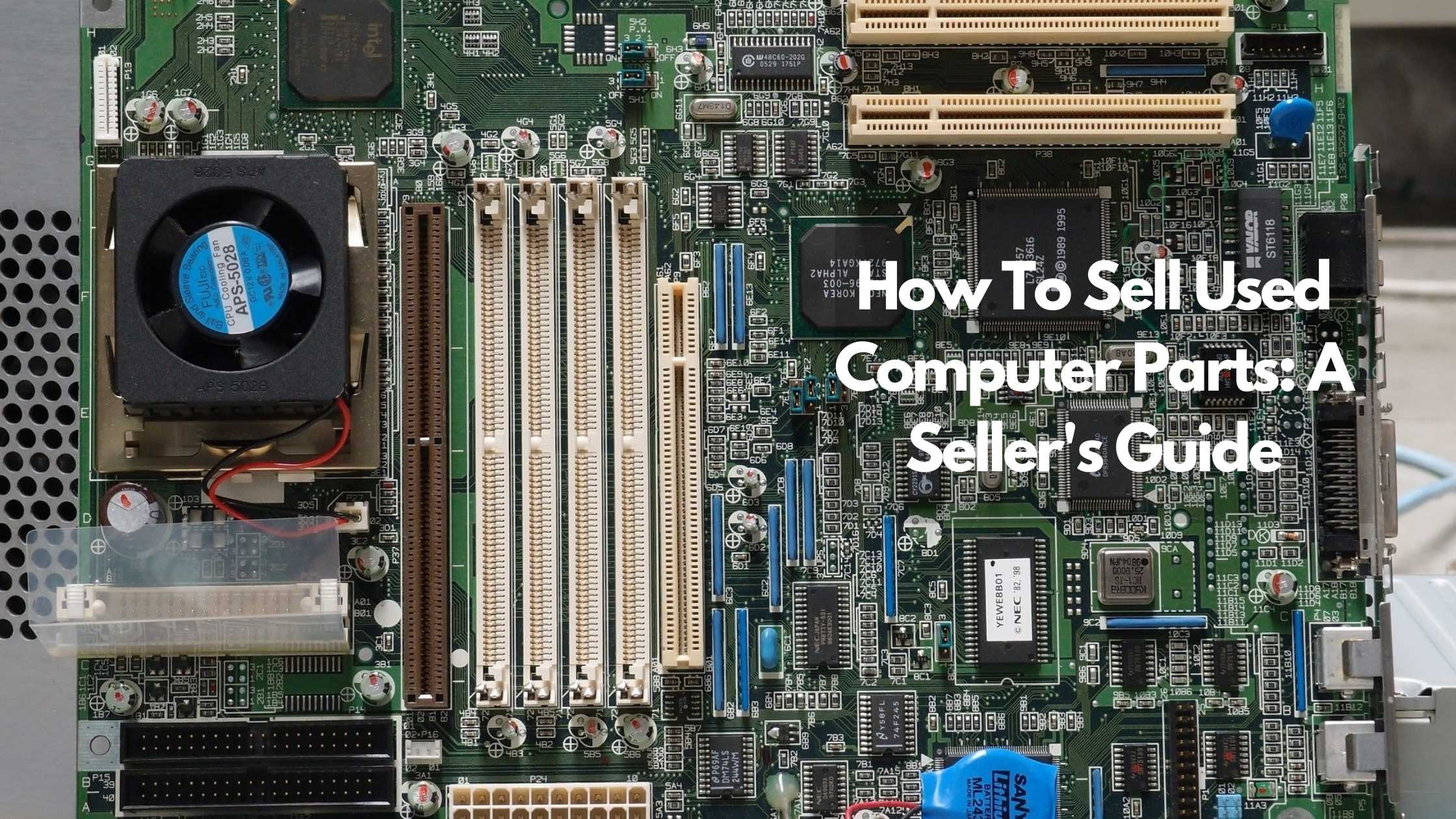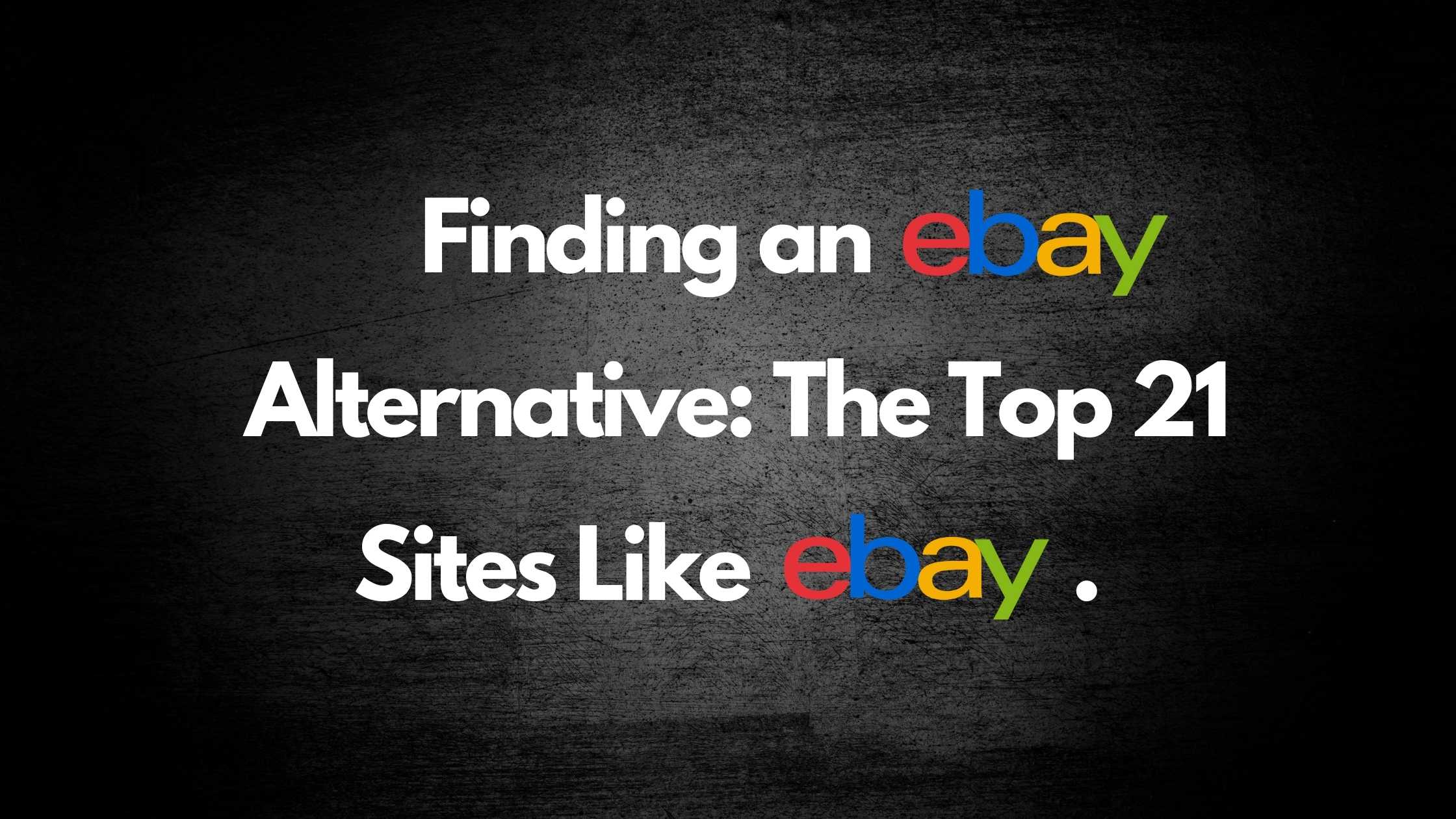
A Guide to Starting an Online Resale Business
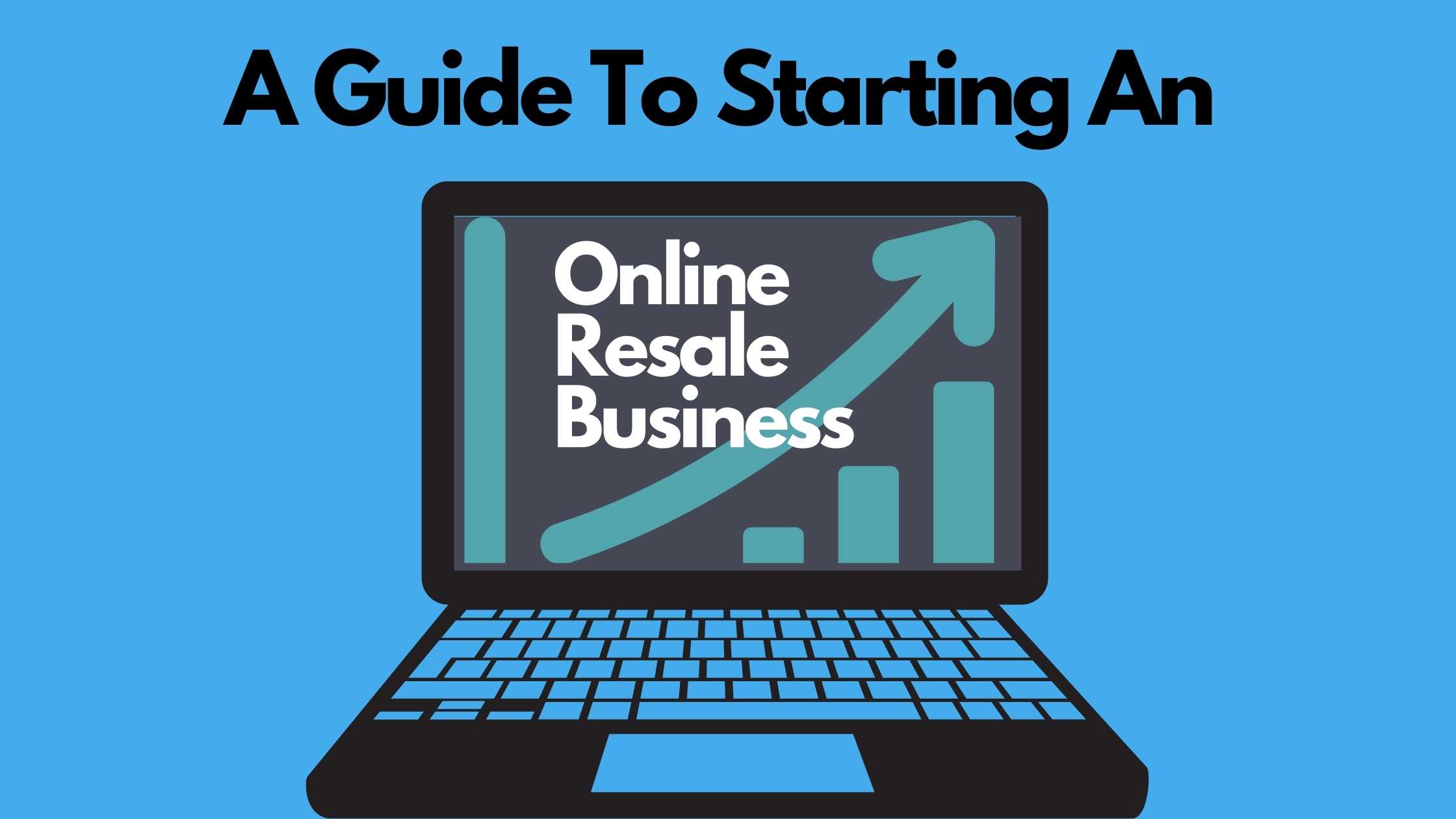
Starting an online resale business is probably one of the best decisions you’ll make this year.
Commerce is a key driver of online activity globally. Furthermore, people are progressively embracing the convenience that online buying presents.
Online resale business is described by e-commerce experts as the sourcing of commoditized or niche products for resale at a higher price for profit.
To its advantage, this venture is also lucrative. But competition is rife and to thrive, all the fundamentals must be in place.
This factual article shares guidelines for starting an online resale business as well as tips for success.
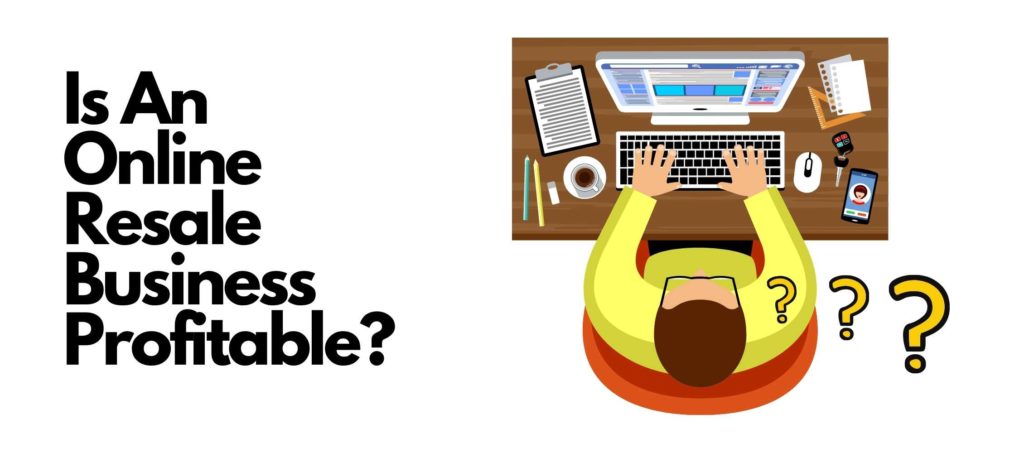
Is an online resale business profitable?
In a word, yes. An online resale business is profitable if you research to identify profitable products, find where to source your inventory at a low cost, price competitively, and identify the best platforms to sell.
The benefits are immense as outlined below.
- No qualifications needed
You don’t need a ton of diplomas or degrees to be an online resale business owner. All you need is the skill to sniff out exceptional deals and the know-how to sell them for profit.
- Convenient
Once you automate this business, you can work from anywhere and at your most opportune time.
- Easy start-up
You don’t need much to get this show on the road. Your costs are minimal because you’re not involved in production, storage or marketing.
- Scalable
This business model is easy to grow. You can pivot seamlessly into other product ranges without incurring expensive costs.
- Flexible pricing
Since you don’t have much skin in the game, it’s easy for you to experiment. Start and as your expertise grows, gradually increase your margins.
If you’re still wondering whether reselling is worth it, this article we put together has more information for you.
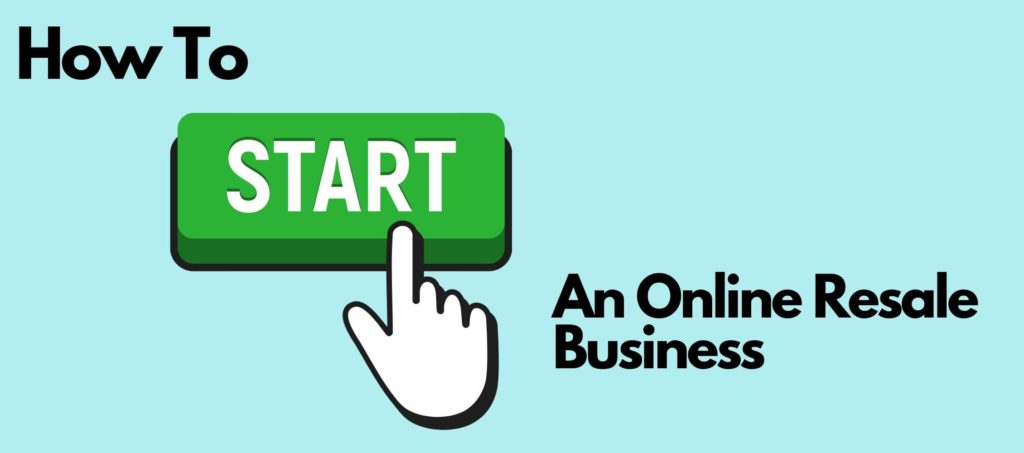
How to start an online resale business
Have you decided what you’re going to resell? If you’re still trying to make your way, here are some useful ideas on how to get started.
- Research your resale product
Whether you’ll be operating from your house or on an Island in Costa Rica, the rule of thumb is to make a profit. That is, buying low to sell high.
Whatever you choose to resell must have the potential to solve a problem and have a high resale value. Never take up a product that you don’t understand, can’t commit to or sustain.
We wrote a blog post sharing tips for finding a product to resell. Check it out here.
- Source the inventory
Don’t underestimate the likely sources of your inventory. Look everywhere. As a matter of fact, a superb place to start would be you, your family and friends’ stuff.
There’s always good junk lying around just waiting for disposal. But don’t stop there.
Build a list of other possible sources of constant supply. Cruise around various outlets to check out products and make price comparisons. Once you find something you like, establish the sources and availability then lock it down.
Read this article to find out more about where you can buy stuff to resell.
- Set the Pricing
Factors to consider before setting the price are the total costs incurred when acquiring the product less all expenses.
Nonetheless, there are factors that can affect your prices, such as competitor prices. In the initial stages, don’t be concerned with wide margins. Seek to position your brand by offering unmatched customer service and experiential value. Later, you can revise pricing.
- Create the experience
Your inventory is essentially your content. Online businesses thrive on content but not just any content. The first thing you must have is high quality photos.
Next, your styling of the product for the photos should be nothing short of fabulous. The product description should also be engaging, with a catchy headline, photo, description and price.
- Create the outlet
If you’re a newbie, it would be prudent to start on a third party selling platform like Amazon, ebay or etsy. Match your product suitably to the platform where it’s bound to do well.
For example, clothes do well on ebay. Books are suited to Amazon, ScoutIQ or BookScouter.
Make a list of selling platforms and what works on each.
Check out seller apps too. Some of the best ones are;
- Facebook Marketplace (and seller groups): For wide reach.
- Whatsapp Business: For targeted wide reach.
- LetGo and OfferUp: For quick sales or if you want to avoid shipping issues.
Also, consider selling on our very own Sheepbuy. This is an upcoming online marketplace where you can sell your products without paying a commission on your sales. If you sign up for our basic tier, you’ll be able to list your products for free and enjoy up to three active listings at any given time.
If you’re planning to sell a larger volume, consider one of our paid tiers; there are the starter and plus tiers which start from $2.99 per month. Find out more about what we offer here.
As you begin navigating this new space, first master one website or app, don’t rush. To build a solid reputation in this business you must emerge as an expert reseller.
Your core focus should be to build a dedicated following. This will prove to be a valuable selling point when you’re looking to scale up. Some product suppliers are critical about this. They can even make it hard for you to promote or sell their products if you’re not a professional.
On the other hand, if you’ve got the time, money and want lots of autonomy, then establishing your own site would be the best option.
Read this article to find out whether selling online is worth it for a startup.
- Establish a business structure
Now that you’ve gotten things worked out, it’s time to crunch the numbers and create an efficient structure. From the start, set yourself up like a business.
- Budgeting
There’s a lot that goes into budgeting because this is the nerve centre of your operation.
Critical questions at this point are; How much is it going to cost to start up? What are the one-off and recurring costs? What are the weekly or monthly projections? How long will it take to break-even?
Create a cost breakdown and an accompanying checklist.
Once this is sorted, create a basic accounting system to track daily income and expenses. If this isn’t your forte, there are tools to keep you organised.
According to Hubspot, you shouldn’t spend more than 25% of your total income on accounting tools. To select what works for you, take a look at their list of recommended tools.
- Banking and payments
How will you receive payments? Before you make a move on it, research what’s available to you. The best solution is always based on individual user experience.
However, start simple by opening a checking account. A good checking account comes free or with low fees, amazing customer care and a free ATM card.
To get started, Nerdwallet has selected the banks and credit unions with the best checking accounts.
Fintech’s most secure online payment platforms are listed as PayPal, probably the most popular one. Others are Square, Payoneer and Skrill.
Whichever payment platform you opt for, ensure that it’s a business one so that you benefit from reseller protections. In addition, check out SaleHoo’s list of the best online payment platforms.
- Tax Compliance
The worst business mistake you can make is failure to honour your tax obligations. Any income you make online is taxable. To start transacting in the US, you’ll need a seller’s permit from your state. This permit allows your state to control the sales tax collection process. If you’re doing business in different states, you’ll need a permit for each state.
Here are some of the documents you’ll need to obtain a seller’s permit;
- Business Tax ID Numbers: It’s a federal tax number just like the social security number.
- NAICS Code: The US government classifies business according to their offerings. You’ll therefore need to show the NAICS code for all the taxable products in your inventory.
- Business Information: This is information on your business legal type, date of establishment and banking details.
Once you’ve registered for the seller’s permit, set up procedures to collect and remit sales taxes. To help you tackle this issue, incorporate reliable tax compliance software tools like Avalara, Vertex O series, TaxJar and many more. Or alternatively, if you have the budget or your operation has the potential to grow, engage a professional tax consultant to check in once in a while.
Notably, most states also have policies to protect their small online reseller operations. Any business that has less than $100,000 in annual sales or fewer than 200 transactions a year is exempt.
Another thing is, if you’re selling internationally, you’ll need to understand VAT (Value Added Tax) or Good and Services Tax (GST). It’s the equivalent of Sales Tax but with several differences.
According to new EU digital marketplace regulations, if as a reseller you’re not tax compliant, you’ll be liable for VAT due on your transactions.
For example, the UK tax compliance requirements are:
- Register for VAT
- Charge the correct amount of VAT to UK customers at checkout
- Pay any VAT due to Her Majesty’s Revenue and Customs (or HMRC, the government department responsible for the collection of taxes)
- Submit VAT returns by the due date
- Keep proper VAT records and a current VAT account
For insight on VAT and international tax systems, read more from Taxamo, a technology company that gives tax management solutions to online businesses.
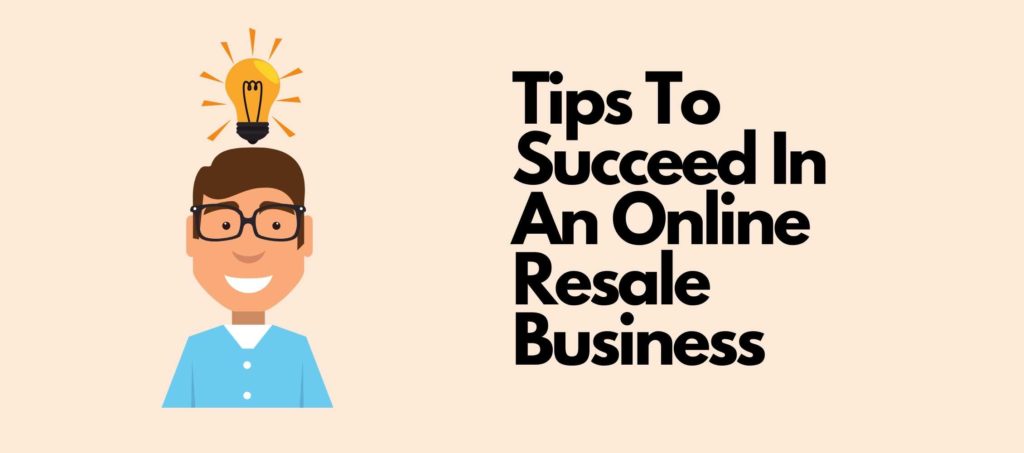
Tips to succeed in an online resale business
- Continuous research
Success comes from understanding your product; from the source, to cost price to the problem it solves in the market. With the right information, you’ll also be adept at knowing the deals to pursue and the ones to walk away from.
- Deal in quality
Become savvy at finding the best products and snapping them all up. This is because they’re the ones likely to give you the best profits. As a matter of fact, avoid trending products as these are bound to be competitive, hence earning narrow margins.
- Maintenance
Create a system to always inspect and refurbish damaged items. Your business is anchored on systems and processes; if you skip a process you’ll risk eroding your brand value thus diminishing returns.
Be honest with your customers about the quality of the products. If possible, let it be evident in the photos.
- Create engaged communities
In a saturated market, how can you differentiate yourself to win? By carefully curating your target market and developing strategies for lasting connections. Constantly engage them, share updates and give incentives.
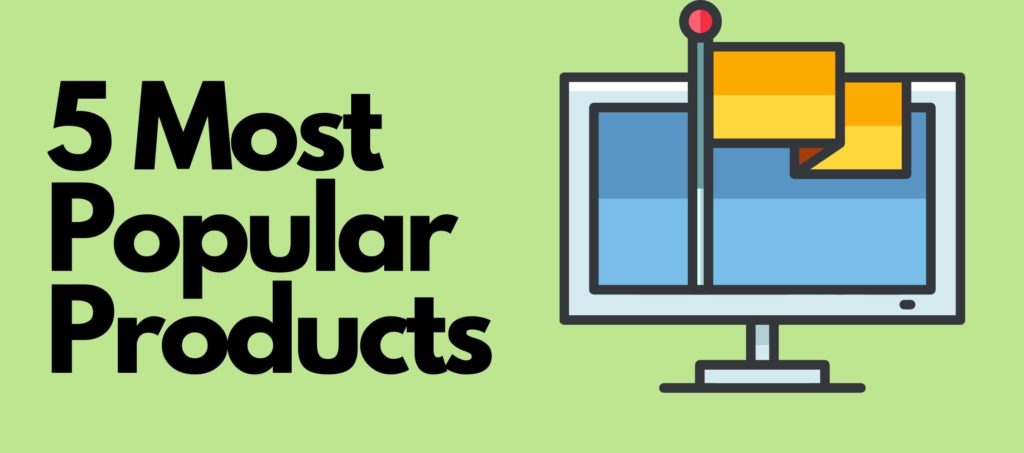
5 Most Popular Products to Resell in 2020
Amazon, has prioritized the most in-demand products this year as;
- Household and personal care products
People are still keen to stockpile toilet paper, hand sanitizer and cleaning wipes. If you can source these from independent producers or distributors, you’ll be off to a fantastic start.
- Baby products
Baby products are booming. From diapers, shampoos, lotions and baby food there’s no relenting on consumer demand. Click here to see which are the best baby products to sell online.
- Groceries and food
This is a daily constant. Consumers are constantly ordering for assorted food staples and healthy takeaway meals.
- Online pharmacies
Cold, cough and flu medication has been flying off the shelves since March, 2020. This also includes masks and thermometers.
- Computer and teleconferencing accessories
The work from home restrictions have created a demand for new or improved accessories like microphones and webcams.
For more ideas on what to sell online you can look into niche related products. For example, pet products, wireless/bluetooth technology, shapewear, travel accessories, and much more.
Check out this blog post we put together to learn about the top 10 products you can sell online. For a vast list on what you can sell from home click here.
Related Questions
What is the difference between a distributor and a reseller?
A reseller is purposefully driven by profits. He or she is the middleman in any transaction and is not heavily invested in the acquisition of the product. This article will explain how you can buy products directly from a manufacturer.
A distributor, on the other hand, is the lifeline in the linkage from the manufacturer to the end user. He or she invests in the process by purchasing the product, storing and marketing it.
What are some of the best products to resell from home?
If you’re stuck at home, fret not. There are plenty of awesome products that you can sell from the comfort of your home. The most ideal ones are food supplements, makeup, jewelry, clothes, shoes, tools and home decor products.
Click here to view our blog post of 50 items to resell from home.
In Conclusion
To ace the online resale business, you’ve got to:
- Research your resale product
- Source the inventory
- Set the pricing
- Create the experience
- Create the outlet
- Establish a business structure
With a perfect guide to starting an online resale business there’s nothing that can stop you from becoming successful.
If you’re thinking about dropshipping, learn how to find a dropshipping wholesaler from this blog post.
TRENDING


Online Arbitrage for Beginners (Step-by-Step Guide)
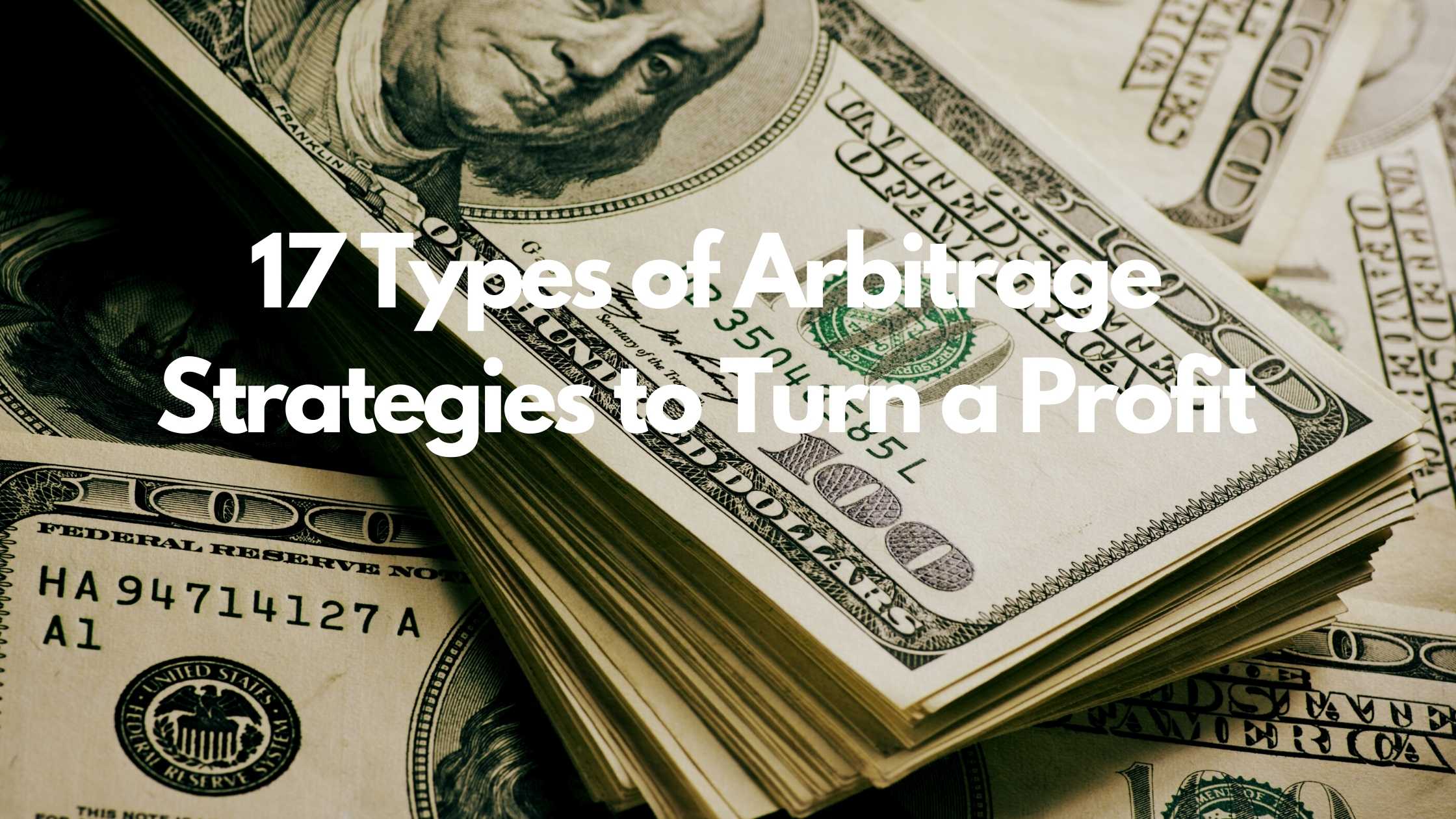
17 Types of Arbitrage Strategies to Turn a Profit

Is Retail Arbitrage Legal?

How to Turn Textbook Arbitrage into a Business for Profit

How Can You Tell if a Book is a First Edition?

What to Do With Your Jigsaw Puzzle When Finished?
